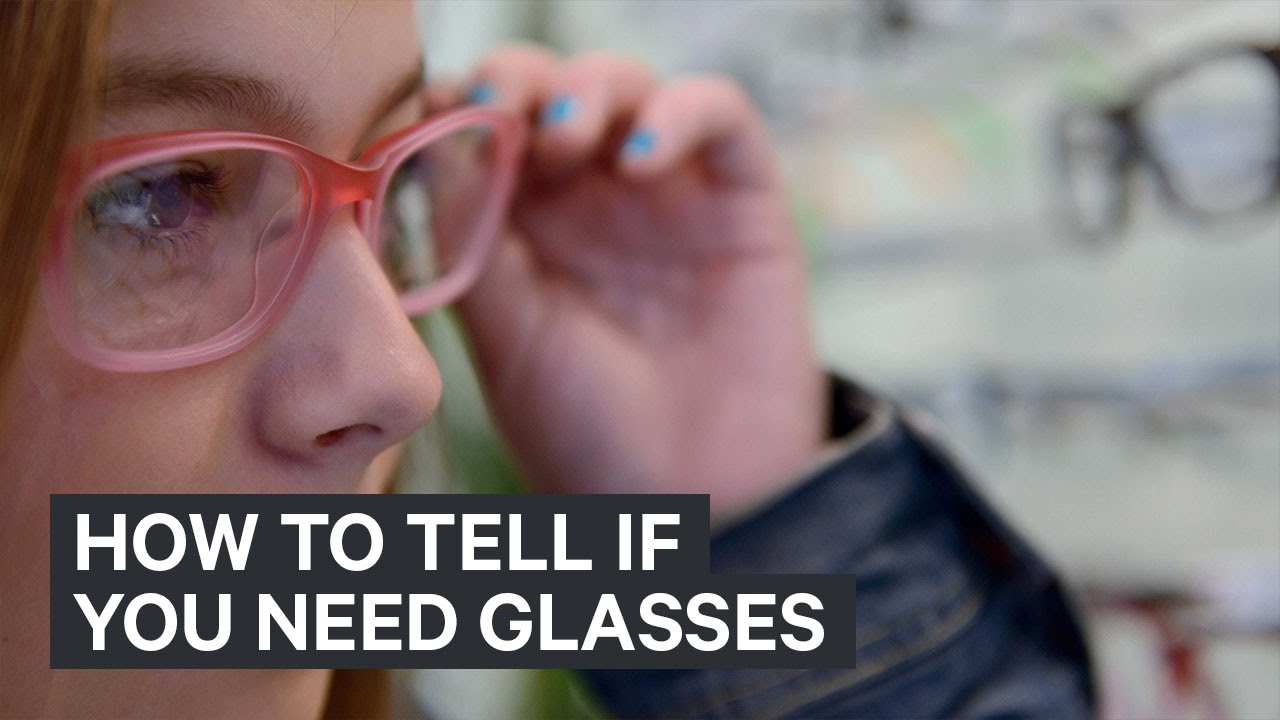Preparing for your eye exam: Are you ready to see the world through a clearer lens? Make the most out of your upcoming eye exam by ensuring you bring along the essential items for a seamless experience. Our comprehensive examination not only evaluates your vision but also provides insights into your overall eye health. To ensure accuracy and efficiency, remember to bring your current eyeglasses or contact lenses, as they help our optometrists understand your existing prescription and any potential adjustments needed. Additionally, having your insurance information on hand enables our team to assist you in navigating coverage and ensuring a smooth billing process. Don’t forget to bring a list of any medications or supplements you are currently taking, as certain substances may affect your eye health or vision. Finally, come prepared with any questions or concerns you may have, as our friendly and knowledgeable staff is here to address all your eye-related queries. So, pack your essentials and get ready for your eye exam – step into a world of improved vision and optimal eye health!

What to Bring to Your Eye Exam
| Item | Description |
|---|---|
| Valid ID | Bring a government-issued ID like a driver’s license or passport to verify your identity. |
| Insurance Information | Don’t forget to bring your insurance card or any necessary documentation related to your vision coverage. This helps streamline the billing process. |
| Current Eyewear | If you wear prescription glasses or contact lenses, bring them along. This allows your eye care professional to assess the effectiveness of your current vision correction. |
| List of Medications | Make sure to have an updated list of all the medications, supplements, and eye drops you are currently taking. Certain medications can have an impact on your eye health and vision. |
| Medical History | Be prepared to provide details about your medical history, including any past eye conditions, surgeries, or family history of eye diseases. This information helps the optometrist assess your overall eye health. |
| Questions and Concerns | Come with a list of questions or concerns you may have regarding your eye health or vision. This enables your eye care professional to address all your queries and ensure a comprehensive examination. |
| Payment Method | Check with the eye care facility beforehand to determine acceptable payment methods. This will help facilitate a smooth transaction after your examination. |
Title: “Craving a Clear Vision? Here’s Your Quick Guide!” Do you find yourself struggling to read the fine print or squinting to see distant objects clearly? If so, it’s time to explore the possibility of getting glasses. To help you determine whether you need these stylish eye accessories, here’s a concise rundown of signs that indicate it’s time to embrace the world of spectacles.
What to Bring to an Eye Exam
Regular eye exams are essential for maintaining good eye health and preventing potential vision problems. When you schedule an eye exam, it’s important to be prepared and bring the necessary items to ensure a smooth and efficient visit. Here are five important things to bring to your next eye exam:
1. Your Prescription Glasses or Contact Lenses
If you currently wear prescription glasses or contact lenses, it’s crucial to bring them with you to your eye exam. Your eye doctor will want to assess the effectiveness of your current prescription and determine if any adjustments are needed. By bringing your glasses or contacts, you can ensure that your eye doctor has accurate information to provide you with the best possible care.
2. A List of Medications and Medical History
It’s important to provide your eye doctor with a comprehensive list of any medications you are taking, including over-the-counter drugs and supplements. Certain medications can have side effects that affect your eyes, and your eye doctor needs to be aware of these potential interactions. Additionally, informing your eye doctor about your medical history, including any previous eye surgeries or conditions, will help them make more informed decisions about your eye health.
3. Insurance Information and Identification
Bring your insurance card and any necessary identification documents to your eye exam. This information will help the eye care provider determine your coverage and process any claims or payments efficiently. It’s always a good idea to familiarize yourself with your insurance coverage beforehand, so you have a clear understanding of what services are covered and any out-of-pocket expenses you may incur.
4. A List of Questions or Concerns
Prior to your eye exam, take some time to jot down any questions or concerns you may have regarding your eye health. Whether it’s about a specific symptom you’ve been experiencing or general inquiries about your eye care routine, having a list ready will ensure that you don’t forget to address any important issues during your appointment. Remember, your eye doctor is there to help and wants to provide you with the information you need.
5. A Reliable Means of Transportation
Depending on the type of eye exam you’re scheduled for, your eyesight may be temporarily affected. It’s important to have a reliable means of transportation to and from your appointment, especially if your eye doctor plans to dilate your pupils. Dilated pupils can make it challenging to drive or operate machinery, so having someone accompany you or arranging for alternative transportation is crucial to ensure your safety.
In conclusion, being prepared for your eye exam is essential for a successful visit. By bringing your prescription glasses or contact lenses, providing a list of medications and medical history, and having your insurance information and identification ready, you can ensure a smooth process. Additionally, preparing a list of questions or concerns and arranging reliable transportation will help make your eye exam experience more efficient and comfortable. Remember, regular eye exams are vital for maintaining good eye health, so don’t hesitate to schedule an appointment and be prepared for your visit!

